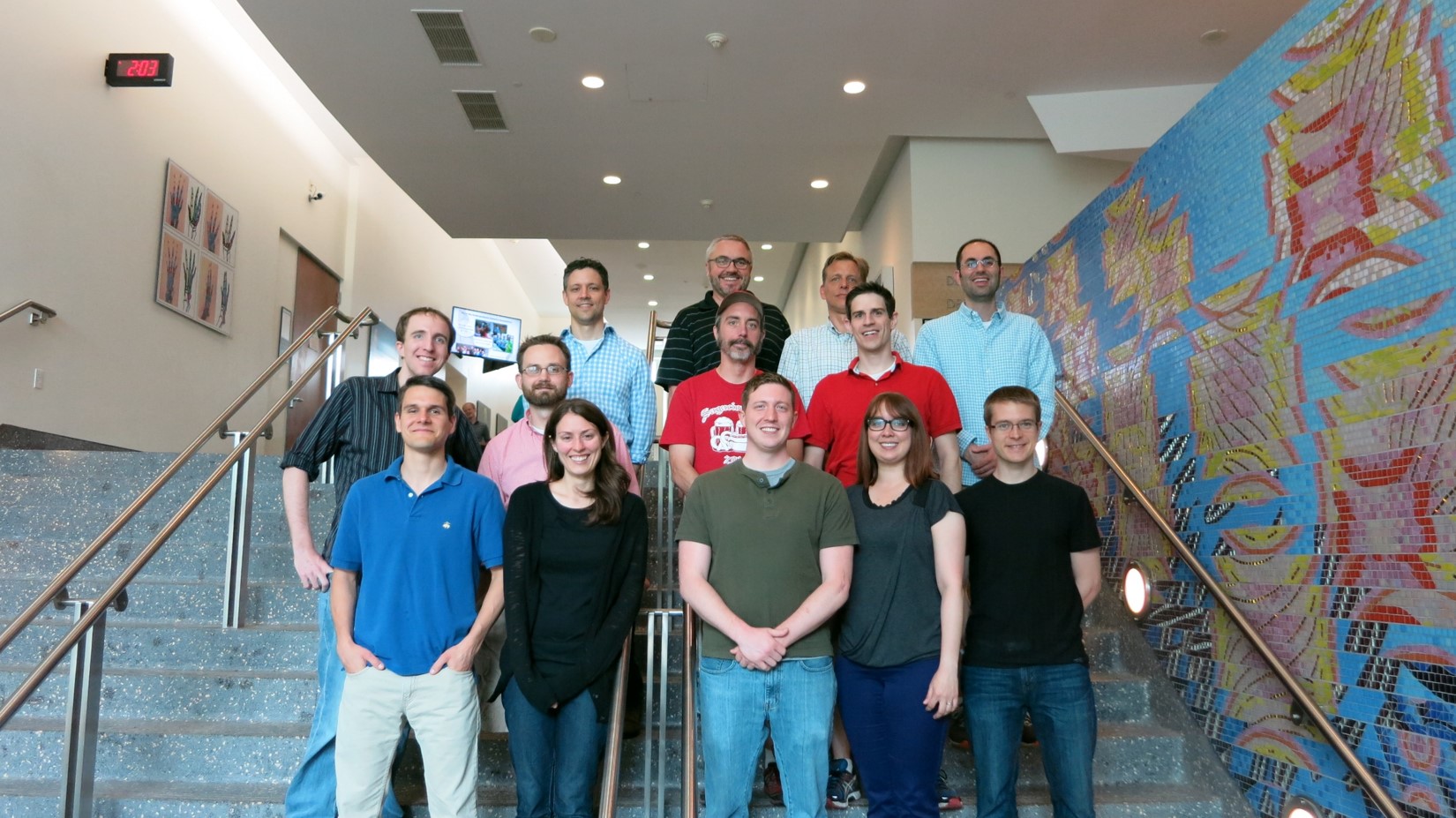About Y3K
Project Overview
The Yeast 3 Thousand (Y3K) dataset comprises over 1000 proteomes, 1000 lipidomes, and 1000 metabolomes, profiled with an aim of better understanding mitochondrial biology. Mitochondria are complex organelles linked to diverse human diseases, often through incompletely characterized proteins and pathways. Toward systematically defining functions for poorly characterized mitochondrial proteins, we used mass spectrometry to map proteome, lipidome, and metabolome alterations across 174 single gene deletion yeast strains (in biological triplicate and across two distinct metabolic conditions). The resultant multi-omic dataset of over 3.5 million biomolecule measurements can be explored with this web portal. The data visualization tools available here can reveal functionally-predictive molecule covariance networks, correlations between related genes, and gene-specific perturbations—each of which can provide a foundation for biological and biochemical investigations.
Profiled Strains
174 single gene deletion ("∆gene") strains were comprehensively profiled at the proteomic, metabolomic and lipidomic levels under respiration and fermentation growth conditions (see manuscript for details). The number of molecules quantified within each strain and across growth conditions can be seen below by hovering over individual strains.
Metabolic Conditions
Respiration: A special growth condition optimized to be highly reproducible and to activate mitochondrial respiration. At the time point of harvest, the media used for this growth condition contains no measurable glucose, but it does contain glycerol (a non-fermentable sugar that can fuel mitochondrial respiration).
Fermentation: A standard “early log phase” high-glucose growth condition that activates glycolysis and fermentation and represses mitochondrial respiration.
Respiration-Respiration Deficiency Response: This is a virtual condition based on a computational adjustment of the data from the Respiration cultures. Please see the manuscript for a detailed explanation of this “RDR adjustment”.
How to Cite
When referencing this work please use the following citation:
Stefely JA, Kwiecien NW, Freiberger EC, Richards AL, Jochem A, Rush MJP, Ulbrich A, Robinson KP, Hutchins PD, Veling MT, Guo X, Kemmerer ZA, Connors KJ, Trujillo EA, Sokol J, Marx H, Westphall MS, Hebert AS, Pagliarini DJ, Coon JJ. Mitochondrial Protein Functions Elucidated by Multi-Omic Mass Spectrometry Profiling. Nature Biotechnology 34, 1191–1197 (2016). doi:10.1038/nbt.3683
Team Y3K
The Y3K Project was a collaborative effort between the laboratories of David J. Pagliarini and Joshua J. Coon at the University of Wisconsin-Madison. David J. Pagliarini is an Investigator and Director of the Metabolism Theme with the Morgridge Institute for Research, as well as an Associate Professor of Biochemistry. Joshua J. Coon is a Professor of both Chemistry and Biomolecular Chemistry.

The Starting Lineup
Funding Sources
This work was supported by a Searle Scholars Award and NIH grants R01DK098672, R01GM112057, and R01GM115591 (to DJP); NIH grant R35GM118110 (to JJC); NIH Ruth L. Kirschstein NRSA F30AG043282 (to JAS); DOE Great Lakes Bioenergy Research Center (DOE Office of Science BER DE-FC02-07ER64494 to NWK and AU); and ACS Analytical Chemistry and SACP awards (to ALR).
Contact Us
If you encounter any issues while using the Y3K web portal, or have comments, questions, or other feedback please feel free to Contact Us.


